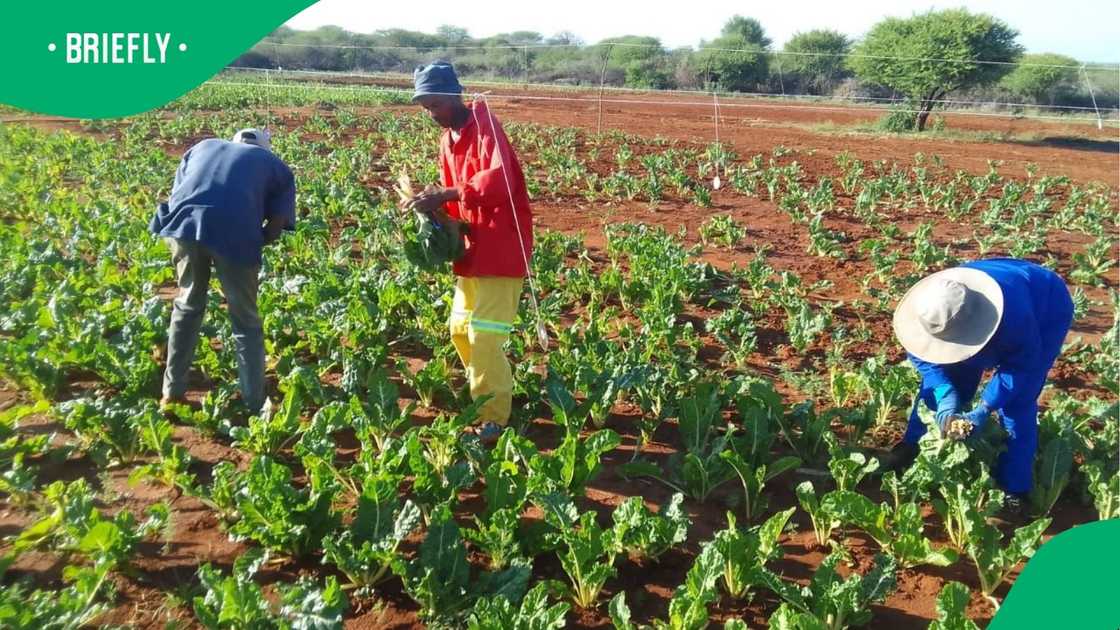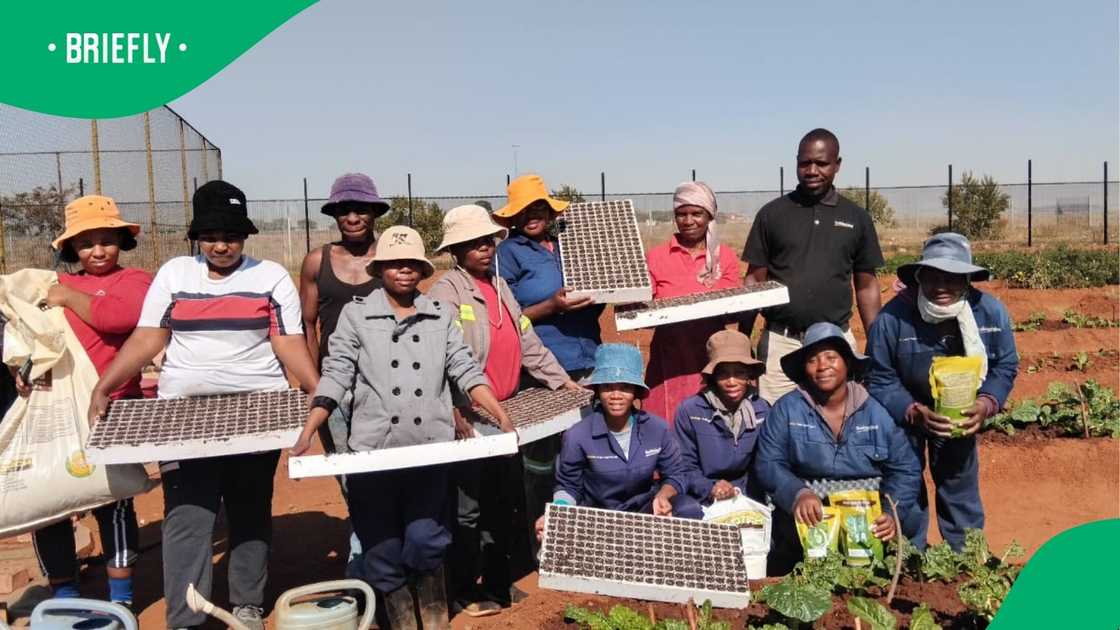Strengthening Local Food Systems Through Urban Farming and Food
- Solidaridad emphasises that initiatives like SEF offer lasting solutions to unemployment by equipping participants with skills in sustainable agriculture
- A 37-year-old mother turned a small garden into a profitable venture, earning R700–R1,000 per week while providing fresh produce for her family and local community
- In a statement shared with Briefly News, Solidaridad said SEF fosters a network that increases food supply, reduces reliance on costly urban imports, and promotes entrepreneurship
Solidaridad Southern Africa supports the region’s potential to become a centre of agricultural production and improved food security. With operations in Zimbabwe, Malawi, Mozambique, South Africa, and Zambia, we work with businesses and producers to promote sustainable commodity sourcing through access to finance, integrated technology, and the adoption of good practices.
South Africa’s National Development Plan (NDP) 2030 sets out a bold vision: eliminate poverty and reduce inequality through inclusive economic growth. A key player in realising this vision is the Social Employment Fund (SEF), a collaborative initiative between the Department of Trade and Industry, the Industrial Development Corporation (IDC), and Solidaridad. SEF goes beyond short-term job creation by strengthening local food systems, developing agricultural skills, and empowering participants to become agents of change in their communities.

Source: Original
Solidaridad believes that in a country where unemployment remains staggeringly high, grassroots solutions like SEF offer more than temporary relief. They create sustainable livelihoods. Participants receive hands-on training in sustainable agriculture, merging traditional know-how with modern, climate-smart techniques. They learn everything from soil preparation and irrigation to pest control and crop diversification. The result? A new generation of local farmers is equipped to turn subsistence farming into thriving agribusinesses, boosting food security and improving access to diverse, nutritious foods.
From struggle to self-sufficiency
They shared an example of Emily Monchwe, a 37-year-old mother of three from Mohlakeng. Facing mounting financial pressure and uncertain prospects, she joined the SEF programme. With the agricultural training she received, Emily transformed a modest 400m² plot into a flourishing vegetable garden that now earns her between R700 and R1,000 per week (roughly $38–$54).
PAY ATTENTION: stay informed and follow us on Google News!
But Emily’s garden is about more than income. It feeds her family, supplies local students with fresh produce, and reduces reliance on expensive food trucked in from urban centres. She’s not just growing vegetables, she’s growing food justice, economic independence, and community health.

Read also
SA men transform dumping site into Gugulethu’s top takeaway restaurant and hopes to ease unemployment crisis
Systemic solution with widespread impact
SEF’s strength lies in its holistic approach. By focusing on marginalised individuals, many of whom have faced exclusion from formal employment and education, it levels the playing field. Participants are not isolated; they’re supported by a growing network of farmers, trainees, and partners who share knowledge, tools, and markets.
They believe that this ripple effect is transforming rural and peri-urban economies. Local farming networks are increasing food supply, boosting demand for agricultural inputs, and encouraging entrepreneurship in related industries. Most importantly, by making fresh, affordable produce widely available, SEF challenges the dominance of urban supply chains that inflate costs and compromise nutrition.

Source: Original
Cultivating sustainable futures
Agriculture, when rooted in community empowerment and sustainability, becomes a force for socio-economic transformation. SEF bridges generational, social, and economic divides, giving people the skills to feed themselves and the means to build more resilient, self-sufficient communities.
In tackling interconnected challenges like unemployment, inequality, and food insecurity, SEF proves that meaningful change doesn’t have to start at the top. It can start in a backyard garden, in the hands of someone like Emily. With access to the right tools, training, and support, small-scale farming is more than a livelihood. It’s a movement toward a healthier, more equitable future for all.
Source: Briefly News


